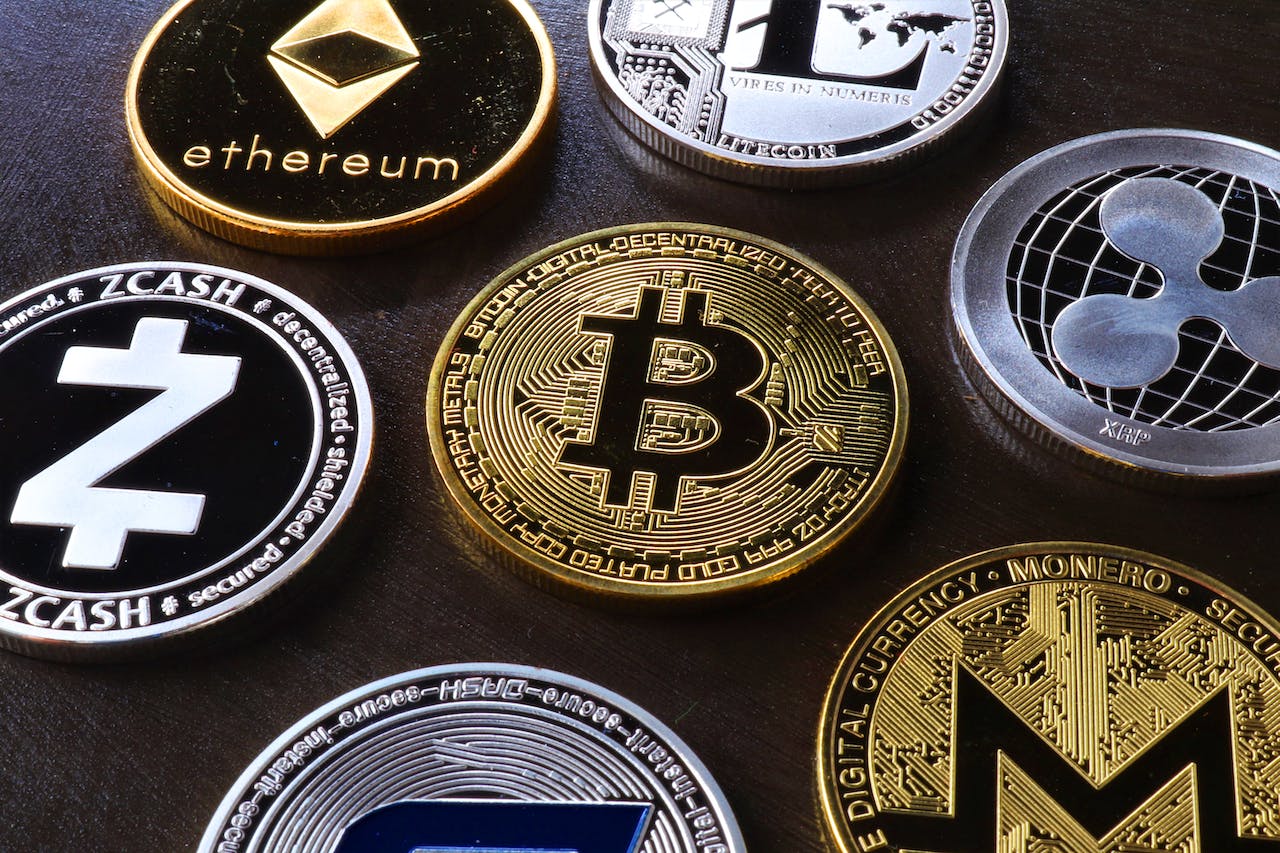The DeFi Transformation: Embracing Decentralized Finance and the Evolution of Cryptocurrencies
In the ever-evolving landscape of finance and digital currencies, a groundbreaking transformation is taking place. Cryptocurrencies have been disrupting traditional financial systems for over a decade, but the recent rise of DeFi (Decentralized Finance) has added a new layer of complexity to the crypto ecosystem. Today, the cryptocurrency evolution is reshaping the way we think about money, investments, and transactions. If you are new to crypto trading and investments and wish to register, Click here to initiate the registration process and embark on your journey in the cryptocurrency market.
The Rise of DeFi
Decentralized Finance, or DeFi, is a term that has gained significant attention in recent years. It refers to a movement that seeks to create an open and accessible financial system that operates without the need for traditional intermediaries like banks or other financial institutions. DeFi leverages blockchain technology, particularly the Ethereum network, to enable peer-to-peer financial transactions and services.
The DeFi Ecosystem
Within the DeFi ecosystem, a multitude of services and platforms have emerged, each catering to different aspects of finance. These include lending and borrowing protocols, decentralized exchanges, yield farming platforms, and more. Users can access these services with just an internet connection and a cryptocurrency wallet. The transparency, security, and accessibility offered by DeFi have made it a significant player in the crypto world.
Decentralized Finance in Action
DeFi’s practical applications are numerous and span across different areas of finance. Let’s explore some of the key use cases that are propelling the DeFi revolution forward.
Lending and Borrowing
DeFi protocols like Aave and Compound allow users to lend out their cryptocurrencies and earn interest or borrow assets by collateralizing their holdings. These services empower users to access funds or earn passive income without going through traditional banks.
Decentralized Exchanges (DEXs)
Decentralized exchanges like Uniswap and SushiSwap enable users to trade cryptocurrencies directly from their wallets, without the need for a central authority. This not only enhances privacy but also reduces the risk of exchange hacks.
Yield Farming
Yield farming involves providing liquidity to DeFi platforms in exchange for rewards, often in the form of governance tokens. This practice has become a popular way for users to generate income through their crypto holdings.
Stablecoins
Stablecoins like DAI and USDC provide stability in the volatile crypto market by pegging their value to traditional currencies. These are used for trading, lending, and as a store of value within the DeFi ecosystem.
The Risks and Challenges
While the DeFi landscape is brimming with opportunities, it’s essential to acknowledge the associated risks and challenges. DeFi platforms are still relatively young, and they often lack the regulatory oversight and investor protection that traditional financial institutions provide. Users must exercise caution and do their research to mitigate these risks.
Key Risks in DeFi
- Smart Contract Vulnerabilities: DeFi platforms heavily rely on smart contracts, which are not immune to bugs or security vulnerabilities.
- Impermanent Loss: Users providing liquidity in decentralized exchanges can experience impermanent loss if asset prices fluctuate significantly.
- Regulatory Uncertainty: The regulatory environment for DeFi is still evolving, and it can vary greatly from one jurisdiction to another.
The Future of Finance: DeFi and Beyond
The DeFi revolution is not just a fad; it represents a fundamental shift in the way we think about and interact with money and financial services. As DeFi continues to mature and gain broader adoption, it may challenge traditional financial systems and encourage them to evolve.
In the future, we can expect to see even more innovation within the DeFi space, including increased integration with real-world assets, more sophisticated lending and borrowing options, and the development of advanced financial instruments. As the cryptocurrency evolution unfolds, DeFi is set to play a pivotal role in shaping the future of finance.
Conclusion
The decentralized nature of DeFi empowers individuals, granting them greater control over their financial assets and decisions. While DeFi offers tremendous opportunities, it’s crucial to approach it with a combination of curiosity and caution. Users must stay informed, use reliable platforms, and understand the associated risks. The cryptocurrency evolution is underway, and DeFi is at the forefront, showing us the potential for a more inclusive, accessible, and transparent financial future. So, whether you’re a seasoned crypto trader or a newcomer to the space, the DeFi revolution is a journey worth exploring, and platforms are here to guide the way.
